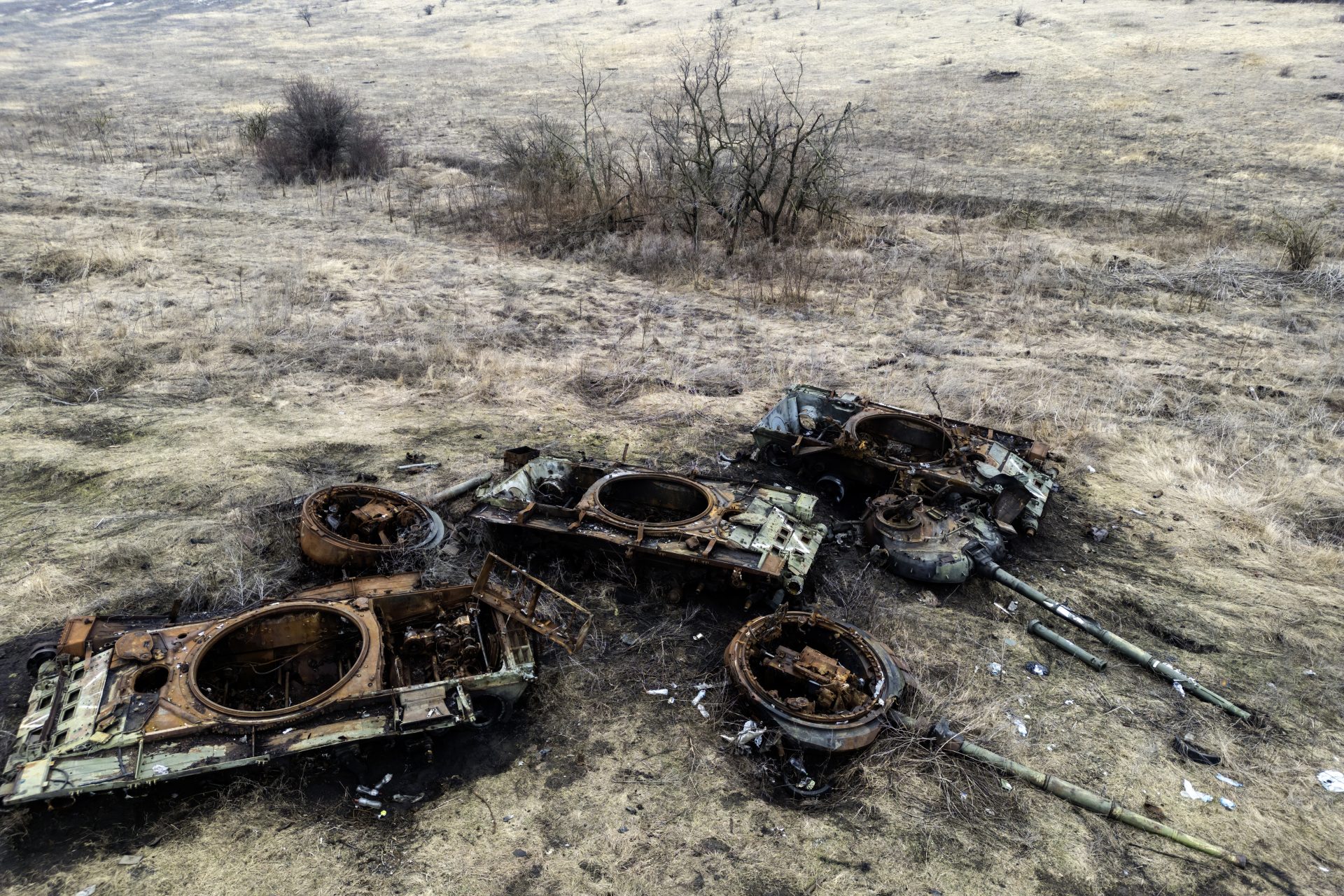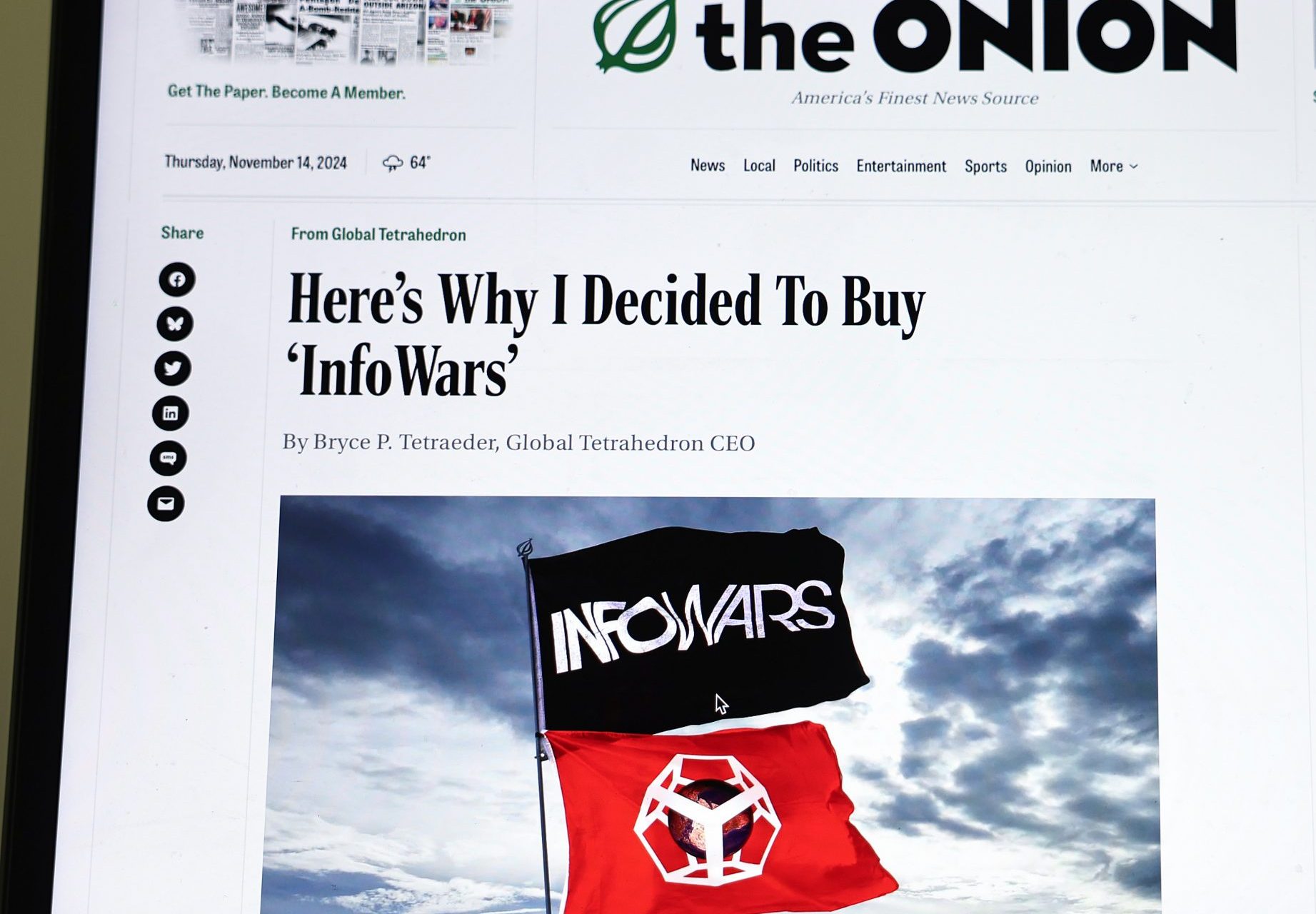Want to nail your next job interview? Don't blow the coffee cup test
So, you've finally got your big chance, a company has called you in for an interview for your dream job. You've got the experience and the credentials but that doesn't mean you will land the job....
There are a lot of factors that come into play when a potential employer is sizing you up for their open position. But there are also many variables that can ruin your chances of getting the job.
Most human resource departments have become very good at what they do and some have even developed surefire methods of weeding out prospects from the candidate pool.
One of the best examples of this comes from Australia where something as simple as a cup of coffee can tell hiring managers a lot about the person sitting across from them.
Xero Australia CEO Trent Innes shared the surprising details behind the coffee cup test, a method used by the company to determine if they're going to hire a potential candidate.
Trent spoke about the test on the podcast 'The Venture', where he explained the scenario: the interview starts with taking the candidate to the company kitchen to have a coffee or a hot drink.
Photo: Unsplash - Jordan Sanchez
This invitation implies that the candidate thinks that the employer is looking for a reassuring environment to make the interview more relaxing. But that couldn't be further from the truth!
Photo: Unsplash - Mapbox
The kitchen, as Trent Innes confesses, "is almost always clean and immaculate", something that the candidate will pay attention to when entering.
Photo: Unsplash - Naomi Hebert
As Trent Innes himself confessed in the podcast, beyond the experience and suitability of a candidate for the position, the attitude with which a potential project is faced is key.
Photo: Unsplash - Bruno Emmanuelle
"You can develop skills, you can have knowledge, gain experience, but really, it all comes down to attitude," the businessman said
Photo: Unsplash - Bruce Mars
"And the attitude we talk about a lot is the concept of 'wash your coffee cup,'" and therein lies the key to this test.
What the employer wanted was for the candidate, once the coffee was finished and before starting the interview, to leave the cup washed and clean so that a colleague could use it when needed.
Photo: Unsplash - Vanessa Giaconi
As a result, it was possible that the company would lose some potentially very talented workers, however, for Trent attitude was more important.
Photo: Unsplash - George Van Gosh
Obviously, the coffee cup test is also very reminiscent of the beer tactic Steve Jobs used in his interviews.
The Apple genius was aware that an interview environment implied tension, prepared responses, and a fake persona that, sometimes, did not match reality.
For this reason, Steve Jobs liked to take his candidates out of an interview environment. Jobs would take a walk with them, they'd eat together and even have a beer. Hence the name of the strategy.
Simple questions like those that occur in pleasant conversation gave Steve Jobs additional information when making decisions about who to hire. It was a curious method but, seeing the results, a very effective one.
More for you
Top Stories






























